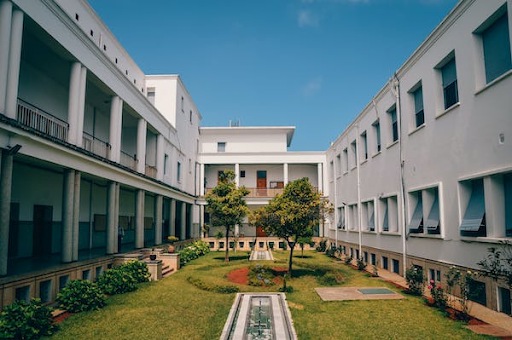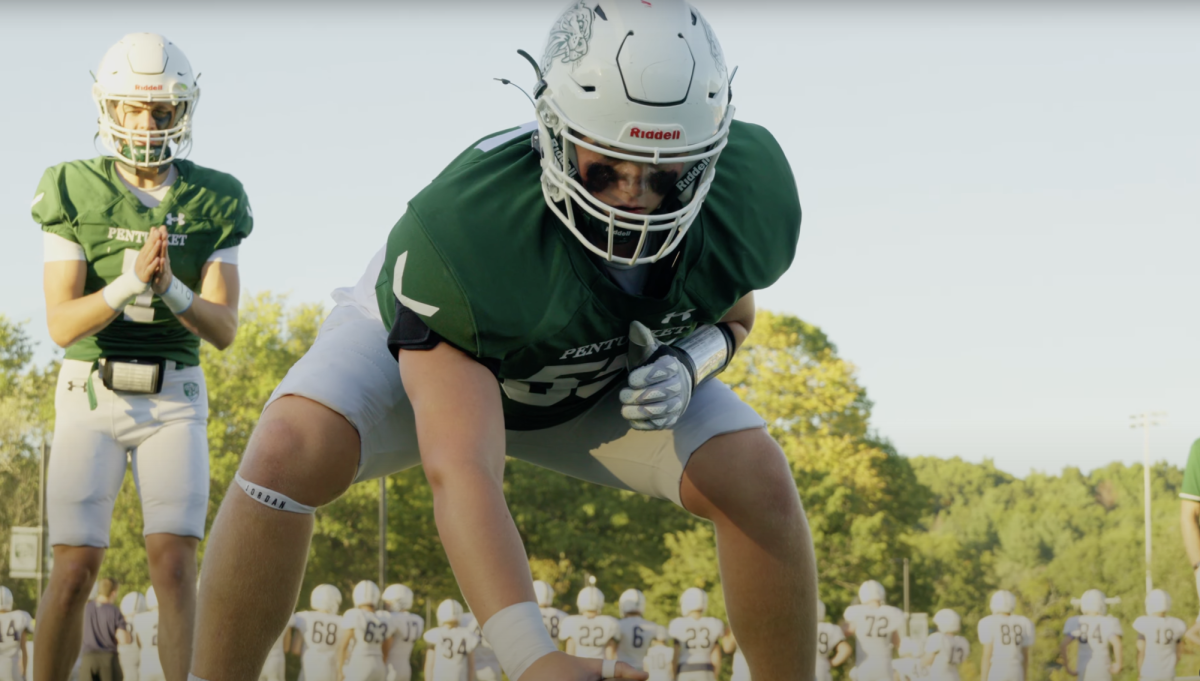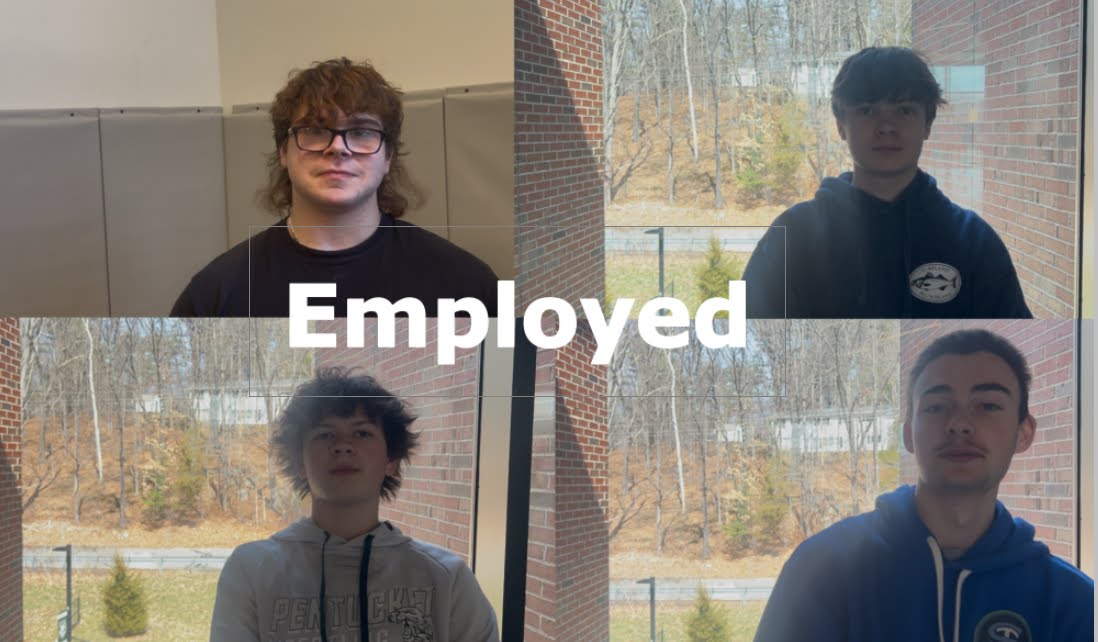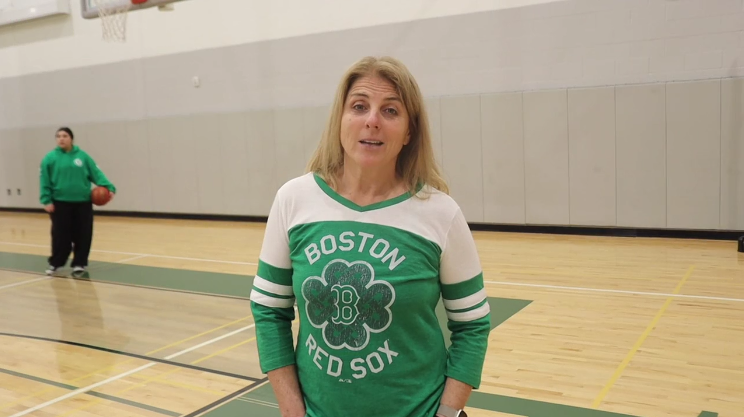
You’ve just recovered from finishing your essay, you’re exhausted from late-night editing, revising, and grammar-checking, when a few days later you hear a notification on Google Classroom. You look in anticipation down at your phone to see, “Your assignment has been graded.” You dart to check when your face falls in disappointment to see you have gotten a measly grade of 62%. This may cause you to wonder “Could this be changed?” This question is nagging in the back of our minds as students and I hope to answer what we could do to solve this problem today.
All interviewees were asked: “Should the Education System in the U.S. be changed and if so, How Should We Do it?”
First, the Students.
Emily Gleason, a senior, says that she thinks we should,
“Improve special ED systems and IQ tests, so disadvantages being recognized/ dealt with in learning can be improved. In some ways, it can put them at a disadvantage as they could be working earlier.” She adds that she thinks we should “encourage degrees that are effective/multi-use and can be more useful later on in life, and encourage trade jobs to drive the cost of colleges down. More people need to be taught at a more individual level than they currently are, as we do a “one size fits all,” Honors, CP, AP, you fit into one category or another normally, so students are better prepared for life.”
Jonah Brien, a junior, states that,
“I think that we should move away from standardized testing because it’s not an accurate way to measure one’s intelligence.” He also believes “Homework is a waste of time and interferes with students’ lives outside of school.” lastly he talks about increasing school funding as last year many teachers were cut and I think if this happened overall education for the students would be threatened.
Lucy Collins, a sophomore, explains,
“We should pay teachers better, as some quit due to the amount they are given. There should be stricter rules against unruly students because that is another issue.” another thing she believes should be affected is “how some subjects are not required for the real world and should be replaced with other things” (Ex: you might not need geometry to be a therapist). This should not be the only way to assess somebody’s intelligence and to work more efficiently as a people.
Quinn Wellen, a freshman, shared,
“I feel like we should prepare students for after high school by teaching them about life skills.” These would be like a home economics class, cooking, filing taxes, figuring out how to arrange doctor and dentist appointments, etc. I agree with this, as once you leave your parent’s home and get out into the world you would much rather know the best way to buy an apartment than have the Pythagorean Theorem memorized (this somewhat relates to what Lucy said earlier).
Secondly, the Staff (Teachers and Principal)
Ms. Erhardt, our Principal, was interviewed. She believes that schools should have more social and emotional support following the COVID-19 outbreak. She says, “Since the pandemic, it has been difficult for students to get back on track due to the schedule and rigor.” Ms. Erhardt believes that students’ standards for learning have been lowered due to the pandemic and education either needs to adapt to these new circumstances or revert to older methods.
Ms. Ducolon, one of our English teachers, had similar thoughts. Like Ms. Erhardt, she believes that the education system has become easier for students to slack off, saying, “The education system has, in some ways, been too forgiving of unmotivated students.” She also thinks there should be more access to vocational-technical schools/ programs (Ex: HVAC, culinary arts, cosmetology, welding, etc.).
Ms. Endyke, our Science department head, had similar thoughts to Jonah on school funding:
“There are many inequities in the way schools are funded because funding is based on taxes which come from different socioeconomic areas.”
Ms. DeCoste, a math teacher, agreed with Ms. Endyke and Jonah on funding but had other thoughts too.
“These should be more free time for middle and high school (such as recess), and more opportunities for skill-based things (e.g. cooking, electricity) for students to become more self-sufficient.” She also talked of extra flexibility for students in terms of their learning, and how some graduation requirements can be unfair to certain students. At some point perhaps a typing class could be implemented, like how they used to teach cursive.
Mrs. Snow, our theater teacher,
“The one thing I would like to be changed about the education system is to make a longer winter break” This is because it would have been nice to have a 3-day week to ease into Christmas break. I agree with this as that would give us a satisfactory amount of time with family and friends.
Lastly, the Superintendent and Assistant Superintendent
Justin Bartholomew (Dr. B), the PRMHS Superintendent, says,
“As a country, we tend to focus on math, science, social studies, and English as “core courses” as they have been the mainstay for 100+ years.” This is due to their usefulness in lifelong skills supposedly regardless of period. “We all know that technology has changed our world and provided greater amounts of information and also requires skill sets that aren’t necessarily part of the “core,” he added. He said that we could talk about everything like grading or the amount of time in a school day we would be there for a while, so he kept it to just this for now.
Brent Conway, the PRMHS Assistant Superintendent, starts with how it would depend on location. He says, “We are implementing how we make the academic work allow students to find out what they want to do or not to do. Students are also learning to read and write more appropriately, as schools have not done that in some places in the past.” They would like to have them more prepared to handle complex text. “One of the changes is to connect students’ interests outside of school and their academics” (Ex: in the past, if a student wanted to get any sort of technical training, they would have to go to Whittier. Nowadays we can offer programming and other things, such as the robotics program).
Overall, there was a theme of more personalized learning, better preparation for real-world skills, and funding. I think that what could be created from this is an incorporation of life skills, better support for students and teachers, and lastly the fostering of a more flexible and dynamic learning environment. As long as we voice our concerns, we can form a sort of “rebirth” of our education system, and bring about a new and effective environment.







Kaylie Linehan • Jan 21, 2024 at 5:45 pm
Artie, I found this piece to be very informative. I thought that including different perspectives was very useful in helping your readers to start forming their own opinions. It also displays how many have very strong opinions and ideas on this matter. Well done!
Lacie Baldini • Jan 17, 2024 at 7:11 pm
This article showed although between students, grades, and teachers, we all have a strong opinion and feeling as to what should be changed and improved shown well in this article.
Linda Kurczy • Jan 10, 2024 at 11:53 am
Excellent thorough overview of multiple perspectives. Having been an educator for over 40 years, these current issues are well-addressed.